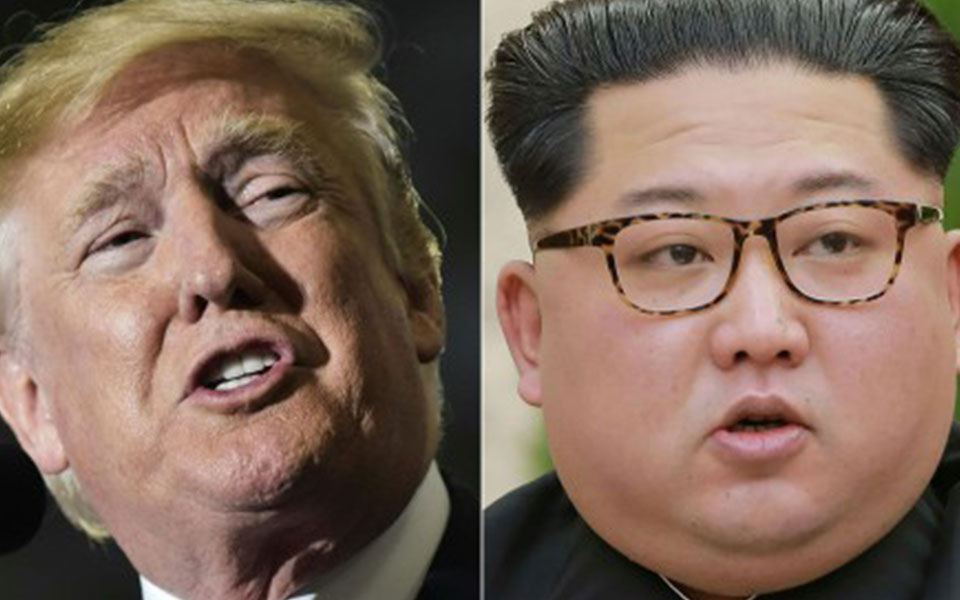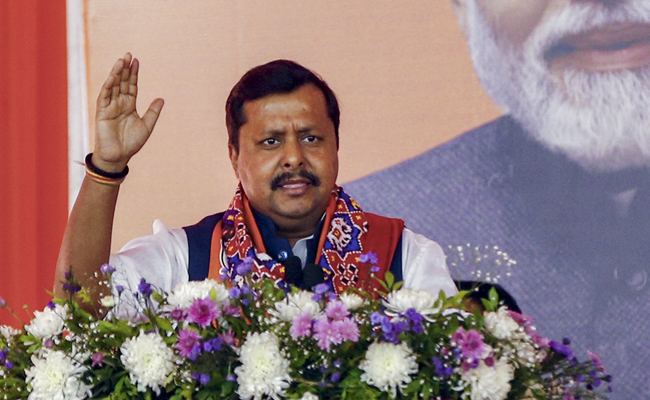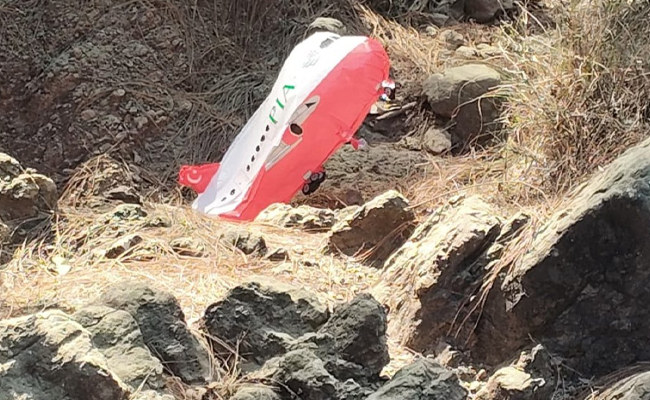Washington, May 25: US President Donald Trump said on Friday that a nuclear summit with North Korean leader Kim Jong-un could still take place as scheduled on June 12, just one day after he cancelled it.
"We'll see what happens. It could even be the 12th," Trump told reporters on the South Lawn of the White House before leaving for the US Naval Academy to deliver a commencement address.
"They very much want to do it. We'd like to do it. We're going to see what happens," he was quoted as saying by the Hill magazine.
North Korea issued a conciliatory statement on Thursday night in response to Trump's decision to scrap his meeting with Kim.
"We reiterate to the US that there is a willingness to sit down at any time, in any way, to solve the problem," a top North Korean official said.
Trump responded by saying that "it was a very nice statement they put out" and said the US was still "talking to them now", referring to the North Koreans.
Asked whether the North Koreans were playing games, the US President acknowledged they were -- and suggested he was too.
"Everybody plays games. You know that," he said when asked about the ongoing talks. "You know that better than anybody."
Trump's comments fuelled the uncertainty and confusion surrounding his attempts to broker a nuclear agreement with North Korea.
He wrote a letter on Thursday to Kim informing him their June 12 meeting in Singapore was off due to Pyongyang's "open hostility" towards Washington.
A senior White House official said, however, that it would be extremely difficult to hold the summit on the original date, especially because North Korea cut off contact with the US regarding planning and logistics.
"June 12 is in 10 minutes," the official said.
Let the Truth be known. If you read VB and like VB, please be a VB Supporter and Help us deliver the Truth to one and all.
New Delhi (PTI): BJP national president Nitin Nabin was on Tuesday nominated as the party's candidate from Bihar for the upcoming Rajya Sabha polls.
The ruling Bharatiya Janata Party (BJP) has released a list of nine candidates for the Rajya Sabha polls, fielding its former West Bengal unit chief Rahul Sinha and Chhattisgarh unit vice-president Laxmi Verma from the respective states.
ALSO READ: Does PM Modi support head of state's assassination as way to define world order: Rahul
Assam PWD Minister Jogen Mohan and MLA Terash Gowalla will be the saffron party's candidates for the elections to the Upper House of Parliament from the state.
The BJP has also nominated its Odisha unit president, Manmoham Samal, and leader Sujit Kumar, an incumbent Rajya Sabha MP, as candidates from the state for the upcoming polls.
BJP leader Shivesh Kumar will join the fray from Bihar and Sanjay Bhatia, a former Lok Sabha MP of the party, will be its candidate from Haryana. Kumar is Bihar BJP's general secretary.
The names of the candidates have been approved by the party's central election committee, BJP national general secretary Arun Singh said.





